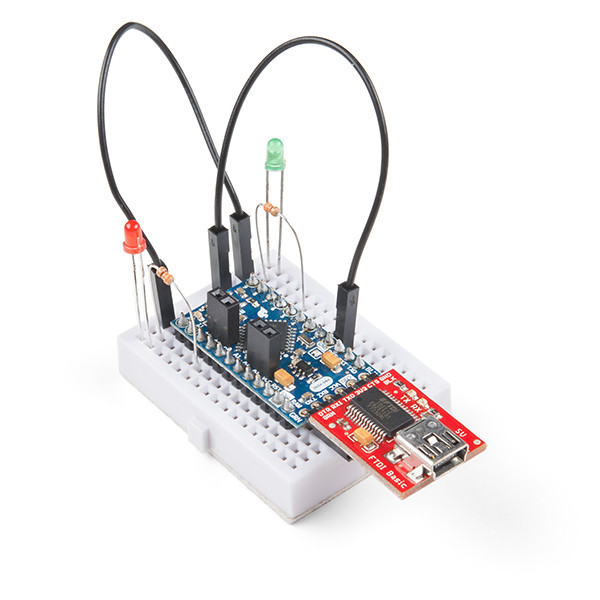 Child Protective Services (CPS) and the Department of Children and Family Services (DCFS) play a critical role in safeguarding children across Southern California, including Orange, Los Angeles, Riverside, San Diego, and San Bernardino counties. However, these agencies often face criticism for their practices, which can have profound consequences for families.
Child Protective Services (CPS) and the Department of Children and Family Services (DCFS) play a critical role in safeguarding children across Southern California, including Orange, Los Angeles, Riverside, San Diego, and San Bernardino counties. However, these agencies often face criticism for their practices, which can have profound consequences for families.
CPS Defense Cases and Juvenile Dependency Cases
Defending against Child Protective Services or CPS allegations and navigating juvenile dependency cases requires a strategic and informed approach. These cases often arise when CPS investigates claims of child abuse or neglect, which can lead to life-altering consequences, including the removal of children from their homes. A robust defense begins with gathering compelling evidence, such as medical records, school reports, and personal testimonies, to demonstrate the safety and well-being of the child. Expert testimony from professionals like pediatricians or child psychologists can further challenge CPS claims by providing objective assessments of parenting practices and the child’s condition.
Legal representation is critical in these cases, as experienced attorneys understand the nuances of dependency law and can protect parents’ constitutional rights. They conduct independent investigations, cross-examine witnesses, and present evidence to refute allegations. In some instances, attorneys can negotiate alternatives to child removal, such as counseling or supervised visitation, minimizing trauma for both parents and children. Additionally, parents must remain proactive by organizing documentation, understanding their legal rights, and cooperating respectfully with CPS investigators while avoiding self-incrimination. With swift action and a well-prepared defense, families can work toward favorable outcomes in these emotionally charged cases.
The Scope of CPS/DCFS in Southern California
Southern California has some of the highest numbers of children involved in the child welfare system in the United States. For instance, Los Angeles County alone supports over 33,000 children who have experienced abuse or neglect, making it the largest child welfare system in the country. Similarly, Riverside and San Bernardino counties collectively report nearly 10,000 children in their systems, while San Diego and Orange counties also face rising numbers of cases involving abuse or neglect.
The primary goal of CPS/DCFS is to ensure child safety while prioritizing family preservation whenever possible. Services provided range from emergency responses to allegations of abuse or neglect to long-term support like counseling and foster care placement when reunification with families is not feasible.
Overreach and Discretion
One major criticism is the broad discretion given to social workers in determining what constitutes abuse or neglect. A recent California Supreme Court case highlighted this issue when DCFS removed a child from a parent based on a single positive drug test without evidence of harm or inability to provide care. The court ruled that substance use alone does not justify intervention unless it directly endangers the child, but this decision also revealed inconsistencies in how these standards are applied.
Racial and Socioeconomic Bias
Critics argue that CPS/DCFS disproportionately targets low-income families and families of color. For example, affluent families engaging in similar behaviors (e.g., recreational substance use) often escape scrutiny, while poor or minority families face invasive investigations and child removals1. This systemic bias perpetuates cycles of poverty and trauma.
Overburdened Systems
Counties like Los Angeles struggle with overwhelmed systems where high caseloads lead to inadequate attention for families. Social workers often fail to meet legal requirements for “reasonable efforts” to keep families together before resorting to foster care placements. This inefficiency results in children being shuffled between foster homes unnecessarily.
Resources and Legal Support
Families navigating CPS/DCFS cases often feel powerless against a system that holds significant authority. Legal representation is crucial for parents facing allegations of abuse or neglect. Specialized attorneys understand the nuances of juvenile dependency law and can advocate for parents’ rights during investigations and court proceedings.
Conclusion
While CPS/DCFS plays an essential role in protecting vulnerable children, its implementation across Southern California reveals systemic flaws that demand reform. From racial biases to overburdened systems, these agencies must balance their mission of child safety with respect for family integrity. By addressing these challenges through legal advocacy, community support programs, and policy changes, Southern California can create a more equitable child welfare system that truly serves its most vulnerable populations.
 A new online legal platform is making it easier for individuals injured in automobile and trucking accidents to find qualified legal representation. This innovative service is designed to connect accident victims with specialized personal injury attorneys, ensuring they receive the support and legal assistance they need without unnecessary stress.
A new online legal platform is making it easier for individuals injured in automobile and trucking accidents to find qualified legal representation. This innovative service is designed to connect accident victims with specialized personal injury attorneys, ensuring they receive the support and legal assistance they need without unnecessary stress.

 Child Protective Services (CPS) and the Department of Children and Family Services (DCFS) play a critical role in safeguarding children across Southern California, including Orange, Los Angeles, Riverside, San Diego, and San Bernardino counties. However, these agencies often face criticism for their practices, which can have profound consequences for families.
Child Protective Services (CPS) and the Department of Children and Family Services (DCFS) play a critical role in safeguarding children across Southern California, including Orange, Los Angeles, Riverside, San Diego, and San Bernardino counties. However, these agencies often face criticism for their practices, which can have profound consequences for families. In the world of DIY electronics, the
In the world of DIY electronics, the  Dementia is a complex and often misunderstood condition, leading to widespread myths that can hinder proper care and understanding. These misconceptions not only affect individuals living with dementia but also create challenges for their families and caregivers. In this blog, we’ll separate fact from fiction and explore the truths behind some common myths about dementia. Additionally, we’ll discuss how services like
Dementia is a complex and often misunderstood condition, leading to widespread myths that can hinder proper care and understanding. These misconceptions not only affect individuals living with dementia but also create challenges for their families and caregivers. In this blog, we’ll separate fact from fiction and explore the truths behind some common myths about dementia. Additionally, we’ll discuss how services like